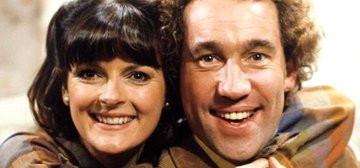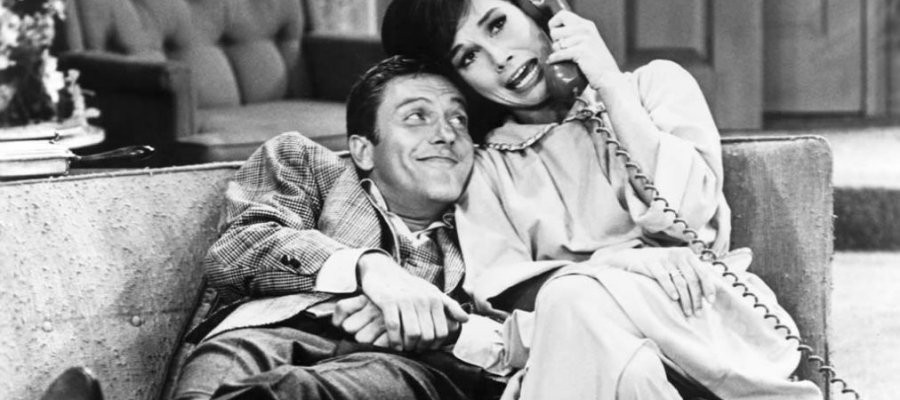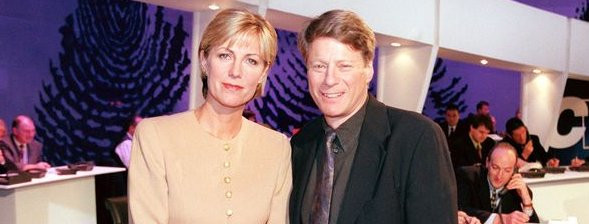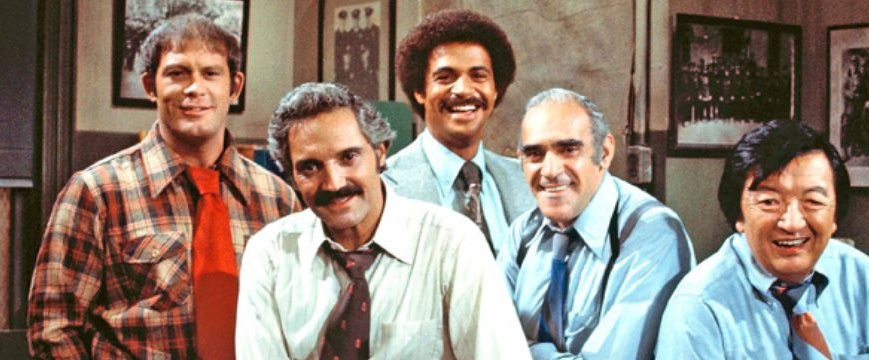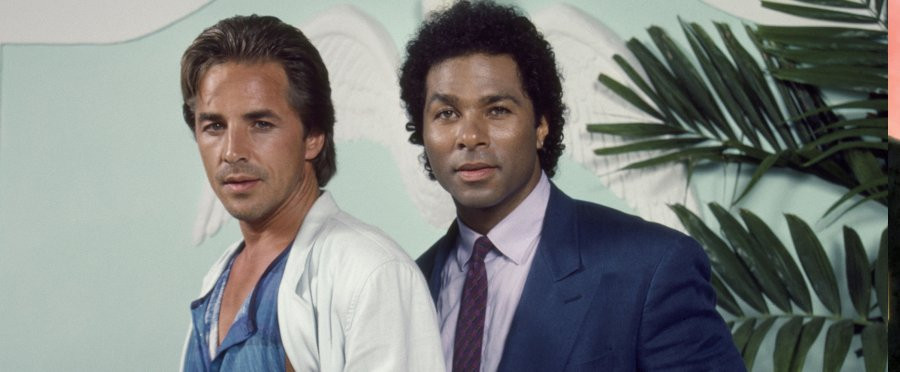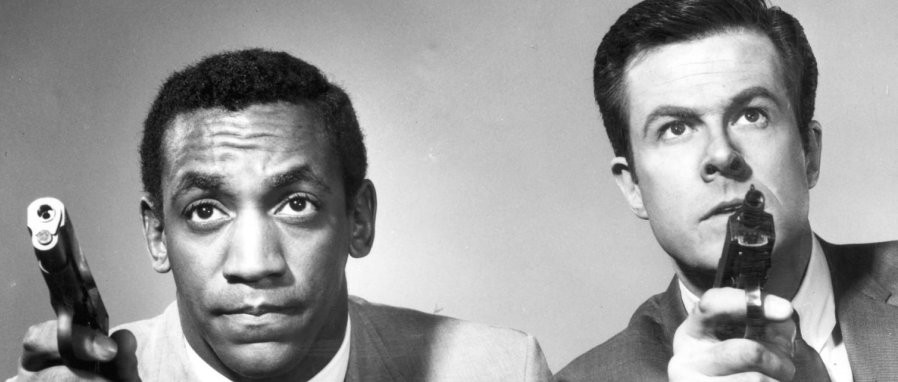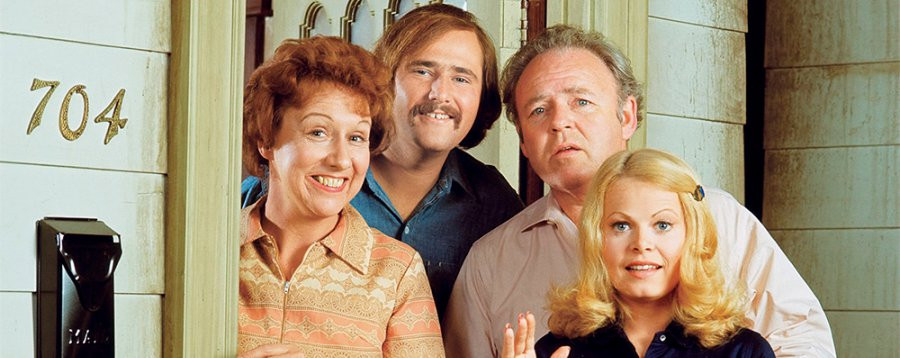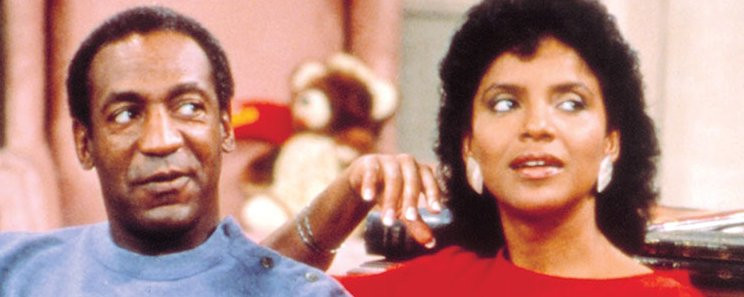
The Cosby Show
1984 - United StatesA Cultural Landmark Shadowed by a Fall from Grace
In 1984, the American situation comedy was considered all but obsolete—tired, formulaic, and irrelevant. Then came The Cosby Show. With its warm humour, intelligent writing, and charismatic central performance from Bill Cosby, it not only revitalised the genre but also transformed NBC from a struggling network into the ratings leader of prime time. For a time, Cosby himself became the most recognisable and celebrated television personality in the world.
At its heart, The Cosby Show was a sitcom about an upper-middle-class African-American family living in Brooklyn, New York. Dr. Heathcliff Huxtable, a jovial obstetrician, and his wife Clair, a sharp and graceful lawyer (played by Phylicia Rashad), raised five children in a bustling, affectionate household that felt both aspirational and relatable. The show was groundbreaking in its portrayal of a stable, successful Black family—far removed from the single-parent setups or working-class struggles that had previously dominated African-American representation in sitcoms.
The show’s genesis can be traced to a moment of chance. NBC’s then-President of Entertainment, Brandon Tartikoff, suffering from insomnia, caught Cosby on The Tonight Show Starring Johnny Carson. Impressed by Cosby’s reflective humour on fatherhood and family life, Tartikoff commissioned a series based explicitly on Cosby’s real-life experiences. Though Cosby initially envisioned his TV persona as a blue-collar worker, his real-life wife persuaded him to make the character a doctor, bringing credibility and aspiration to the role.
When The Cosby Show premiered on 20 September 1984, it was an immediate sensation—toppling Magnum, P.I. in the ratings and soon becoming the most-watched programme in America. The Huxtable household, with its jazz records, thoughtful parenting, and warmly chaotic energy, resonated with audiences of all races. It became must-see television, anchoring NBC’s formidable Thursday night line-up alongside Family Ties, Cheers, Night Court, and Hill Street Blues.
The show also gave rise to A Different World, a successful spin-off centred on life at a fictional historically Black college. Although Lisa Bonet (Denise Huxtable) was intended to be the focal point, her pregnancy prompted her temporary departure and eventual return to the parent show. A Different World went on to develop its own distinct identity and success.
Despite its success, The Cosby Show was not without criticism. Some viewers argued the Huxtables’ affluence and polished lifestyle did not accurately reflect the wider Black American experience, particularly for those in inner-city communities. A study partly funded by Cosby himself suggested that the show’s portrayal of Black prosperity may have inadvertently dulled public sensitivity to ongoing systemic inequalities.
By the early 1990s, the series was losing ground to newer, edgier comedies such as Roseanne, Married... with Children, and The Simpsons. In April 1992, the show ended with a quiet, poignant finale that saw Theo Huxtable graduating from university—a fitting send-off for a series built around the value of education and family. The night of the final broadcast, however, coincided with the eruption of the Los Angeles riots following the Rodney King verdict. NBC's L.A. affiliate aired the finale uninterrupted, capped with a heartfelt plea from Cosby for peace and hope.
At its peak, The Cosby Show attracted over half the American viewing public, a cultural phenomenon from a pre-streaming, pre-cable era when television truly brought families together.
Yet, the show’s legacy has been indelibly tarnished by the subsequent fall of its star. In the 2010s, multiple women came forward accusing Bill Cosby of sexual assault, many involving incidents dating back decades. After years of public scrutiny and legal proceedings, Cosby was convicted in 2018 on three counts of aggravated indecent assault. He was sentenced to three to ten years in prison. In 2021, the conviction was controversially overturned by the Pennsylvania Supreme Court on procedural grounds, but the ruling did not exonerate him. The damage to his reputation—and to the cultural standing of The Cosby Show—was profound and irreversible.
What was once a landmark of television history is now viewed through a far more complicated lens. The Cosby Show deserves recognition for its trailblazing achievements in representation, storytelling, and influence—but it must also be acknowledged as a cultural product inseparable from the deeply troubling conduct of its creator.
Today, The Cosby Show remains both a brilliant sitcom and a painful reminder of how public figures can fall from grace, and how cultural legacies are forever shaped by the actions of those who built them.
Seen this show? How do you rate it?
Seen this show? How do you rate it?
Published on December 5th, 2018. Mike Spadoni and Laurence Marcus.



